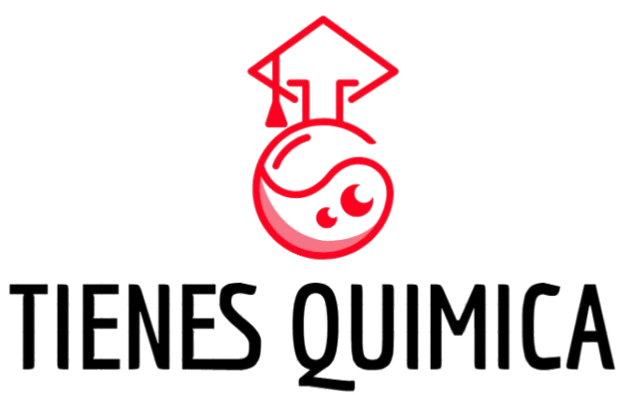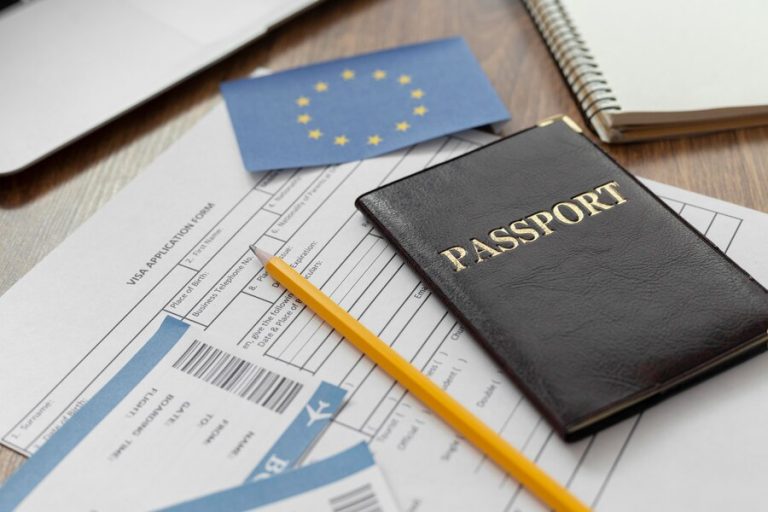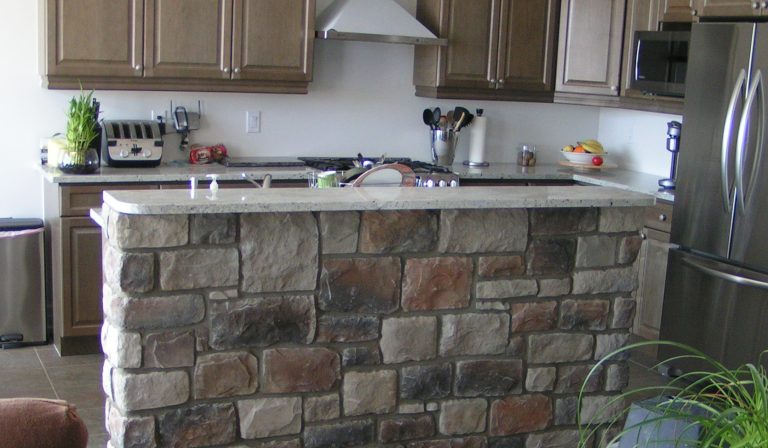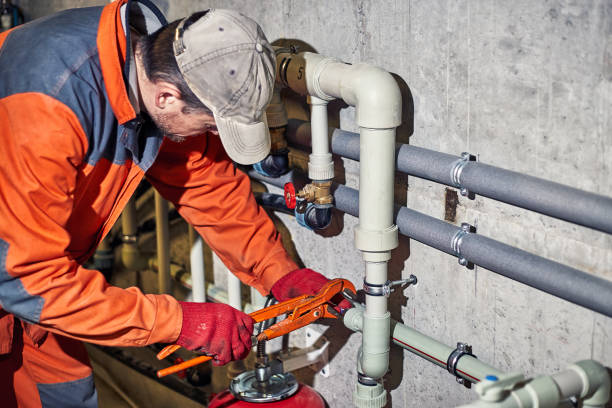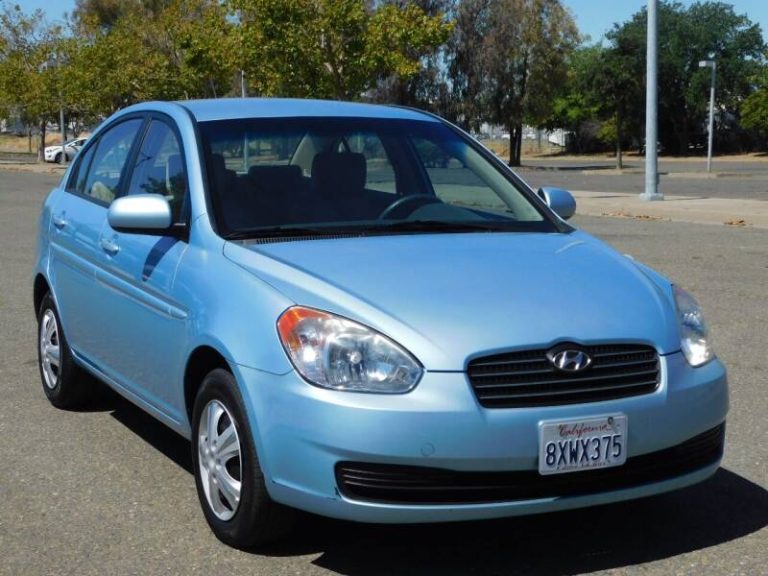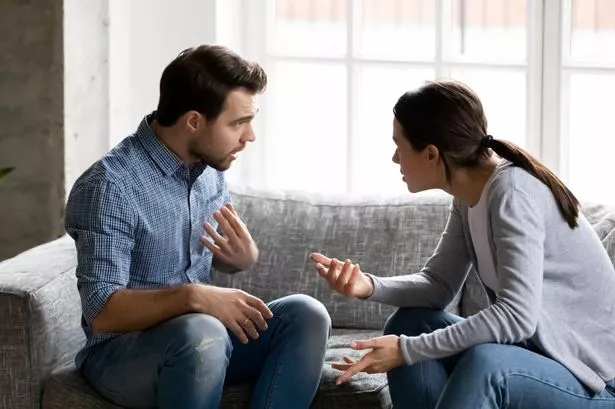
The eye is one of the essential parts of the human body. It requires a check-up when one is having difficulty with their eyesight. An eye examination is a series of tests that includes a testing vision for both far and near objects. After an eye test, one can feel the enhancement of their eye focus, and sometimes people have watering eyes; this is also a kind of eye problem which requires eye tests and medications. There are different specialists for studies, such as a heart specialist called a cardiologist, a teeth specialist is a dentist, an eye specialist is called an optician, optometrist, ophthalmologist, etc.
Where Can One Get Eye Check-Up?
The eye examination detects a weakness in eyesight and detects other problems, such as colour vision, near point convergence, conductivities, corneal topography, cataract, etc. On average, it has been reported that a child should have their eye test at the age of six, earlier if needed. There are various recognised hospitals in every country offering almost all the treatments. Private and government hospitals include optometrists. But all types of physical tests require an amount of capital. In government hospitals, one can get their eye test and treatment free of cost. But nowadays, many private hospitals and NGOs have started essential eye check-ups at a low price for those who cannot afford high-quality treatment in private hospitals. There are various eye care centres in Singapore. They also include private and government hospitals for eye examination singapore. There is some disease, such as diabetes, which prompts eyesight weakness.

What Does A Complete Eye Check-Up require In Singapore?
In Singapore or any other country, eye check-ups have different clinics and hospitals proficient in their field. They have all the machines and gadgets to regulate eye tests. Singapore Is one of the developing countries; it has developed much to have all the access for eye treatment. For a complete eye treatment or examination, one might go through.
- Muscle movement of eyes: Eye movement is controlled by lateral and medial rectus, superior and inferior rectus and superior-inferior oblique muscles.
- Visual agility: It approves the clarity in one’s vision.
- Refraction: Passing of light waves.
- Colour vision: Tests if one can see and differentiate all the colours.
And the last is the health of all the eye organs, such as the retina, pupil and even lashes etc., to regulate the eye examination.
